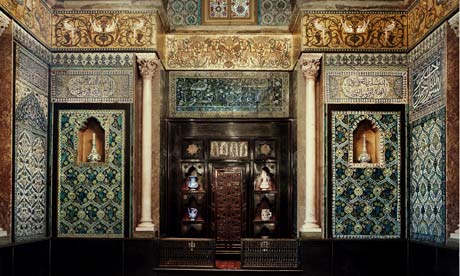- Total number of books read: 174
- Gender of authors of each book: 91 male, 78 female (the rest are anthologies)
- Fiction vs non-fiction: 136 to 38
- Number of re-reads: only 15
- Number read on Kindle: 100 (57.47%)
I read some mid twentieth-century stuff which I enjoyed, fiction in the form of Anthony Powell's surprisingly easy-to-read A Dance to the Music of Time, and non-fiction in the form of Nella Last's War and Call the Midwife, both of which took my breath away.
But leaving aside rereads, my favourite books of the year were, in reverse order:
- Austin Wright, Tony and Susan, reviewed here
- Craig Taylor, Londoners, reviewed here.
- Tom Lubbock, 50 Great Paintings, reviewed here.
- Muriel Spark, A Far Cry From Kensington. I seem not to have reviewed this yet. It's about a young fat widow called Mrs Hawkins who lives in a genteel boarding house in Kensington. She works in publishing, and the story mostly follows what comes from her designation of a hack called Hector Bartlett as a "pisseur de copie". This is a seriously brilliant book, and has to be one of the standing classics of the twentieth century.


